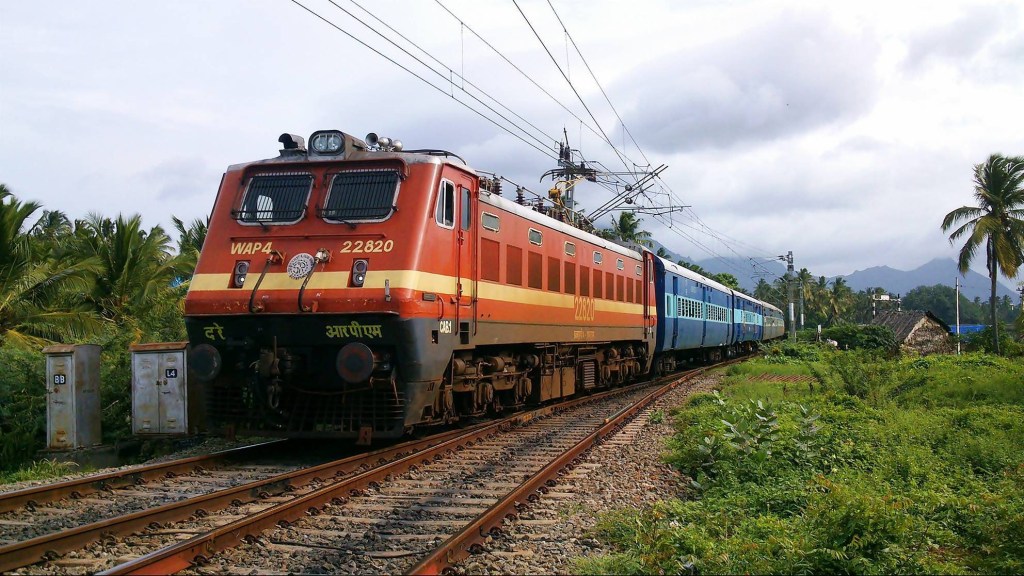The movement of over 23 passenger trains coming to and from Delhi continued to remain hampered on Wednesday (January 31) due to low visibility owing to dense fog and adverse weather conditions.
A total of 23 trains to Delhi from various parts of the country are running late due to the dense fog, Northern Railways, chief public relations officer (CPRO) mentioned
Thick fog brought on by dipping mercury threw Indian Railways services haywire on Wednesday morning, with scores of passengers stranded at New Delhi railway stations.
Here is a list of all affected trains:
Meanwhile, passengers at the Anand Vihar railway station, too, said all Delhi-bound trains arrived eight hours late.
“Our train was delayed by 12-13 hours. It was going at a reduced speed because of the fog,” Ankit, a passenger from Bihar, told ANI.
“We arrived very late. We were scheduled to arrive in Delhi by 8.50 pm, on Tuesday, but reached the city at 5.30 in the morning. We could have boarded the next train if we had arrived on time,” another passenger mentioned
Trains from different routes like New Delhi-Moga Express, Bhagalpur-Anand Vihar Express, Rani Kamlapati-Hazrat Nizamuddin Express, Banaras-New Delhi were running late by over two hours while the Puri-New Delhi Express, Hyderabad-New Delhi Express, and Howrah-Kalka Express are running late by six and a half hours, according to the official.
Fog grips Delhi-NCR
The national capital along with the entire North Indian belt continued to experience severe cold and fog on Wednesday, with the minimum temperature in Delhi recorded at 10 Degrees Celsius.
As per the India Meteorological Department (IMD), very dense fog was reported in isolated pockets of Punjab, Haryana, and Delhi while moderate fog was observed in isolated pockets of West Uttar Pradesh on Wednesday.
The central weather forecasting agency further informed that Delhi, which has been experiencing cold over the last few weeks, recorded its lowest maximum temperature and second-lowest minimum temperature in the last 13 years this January.

